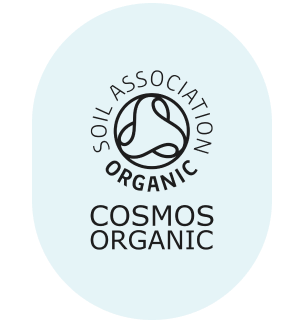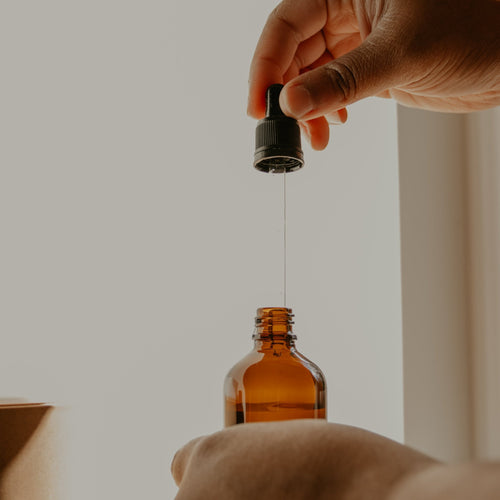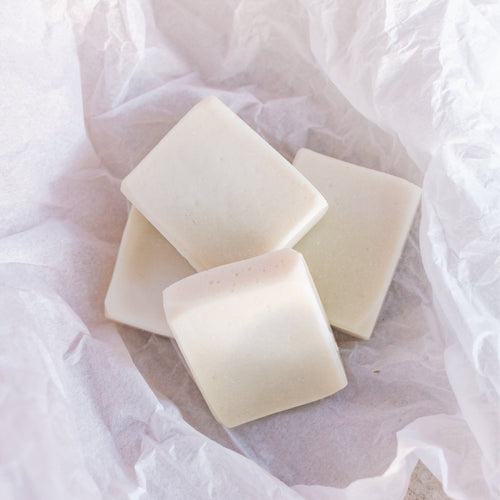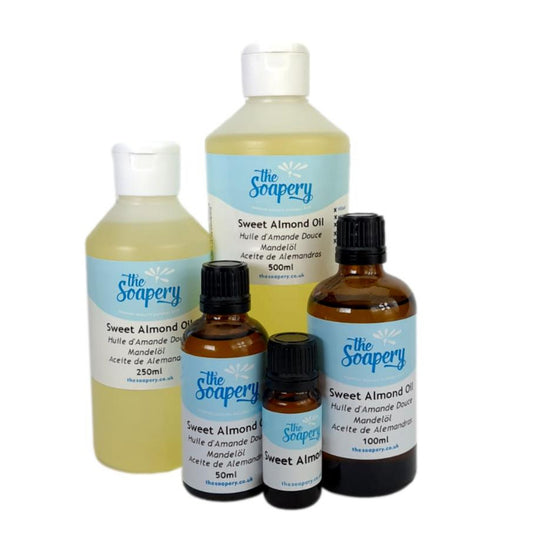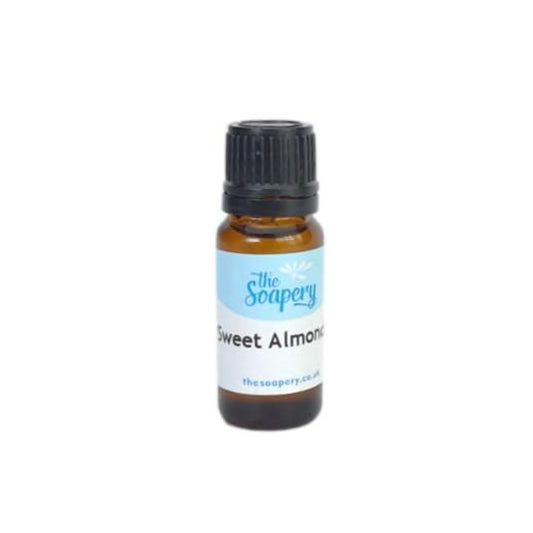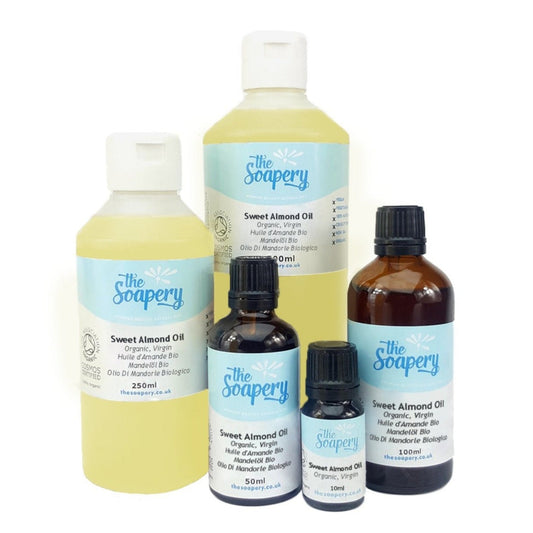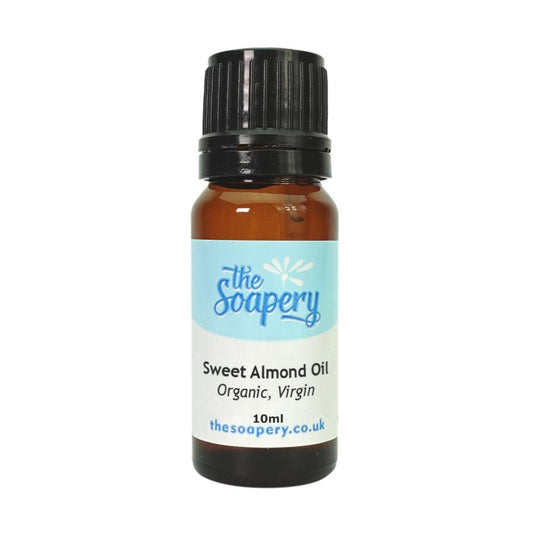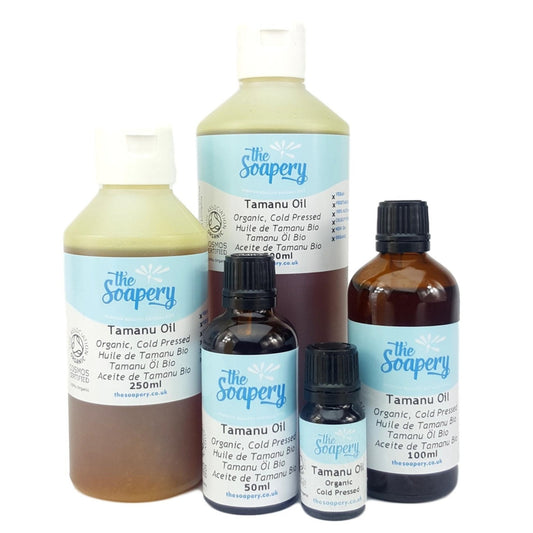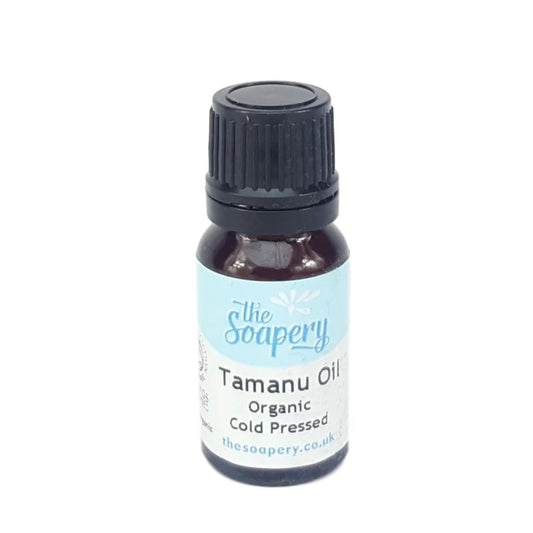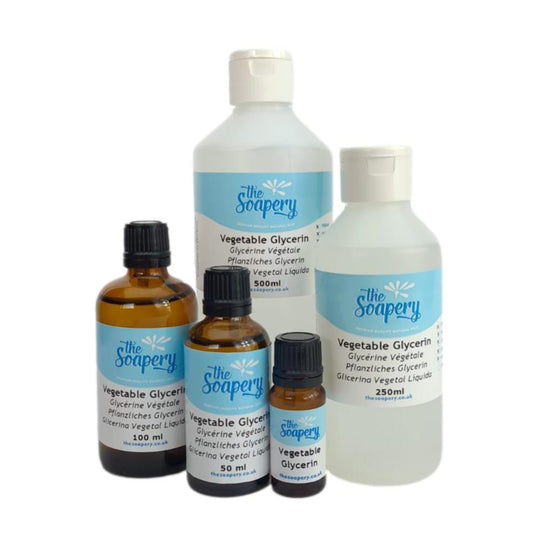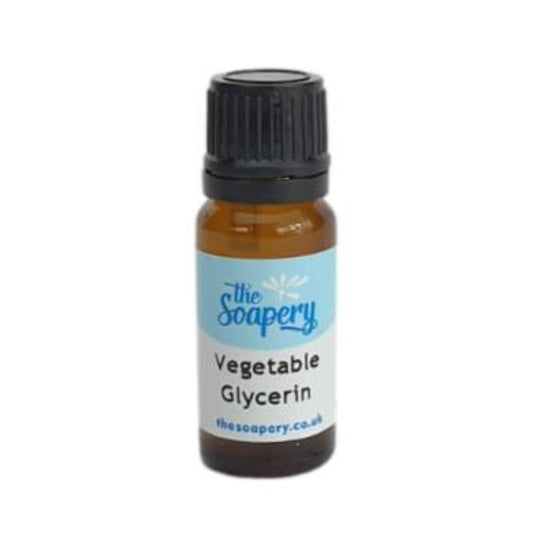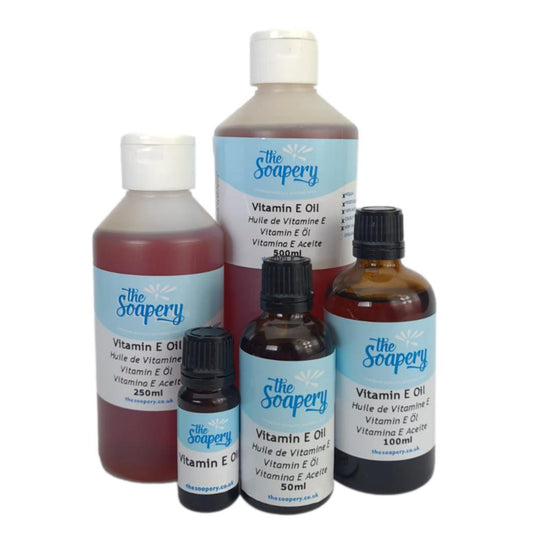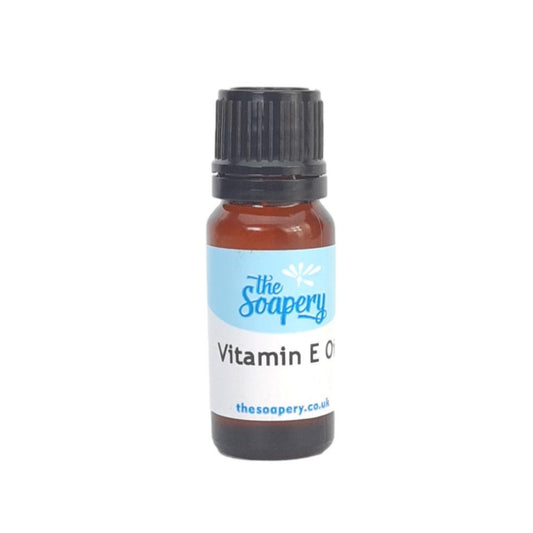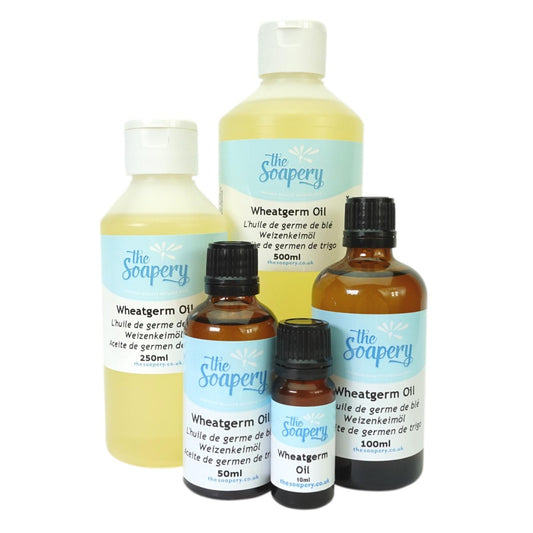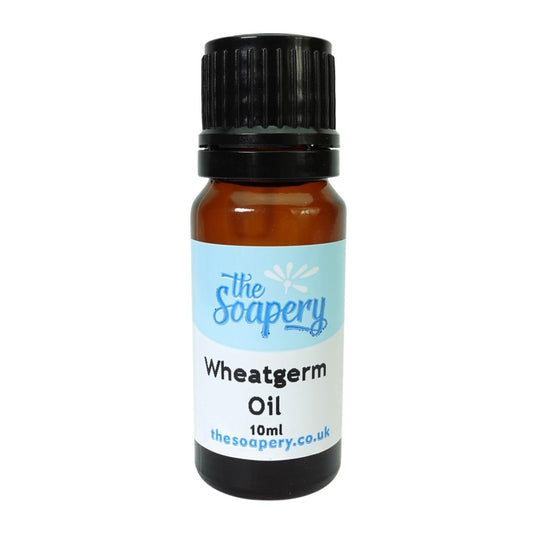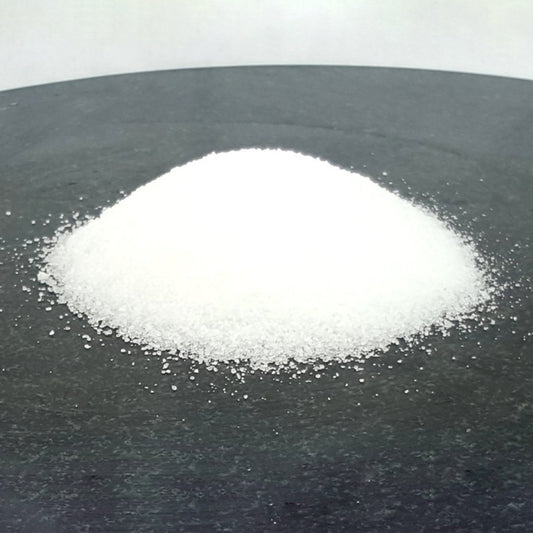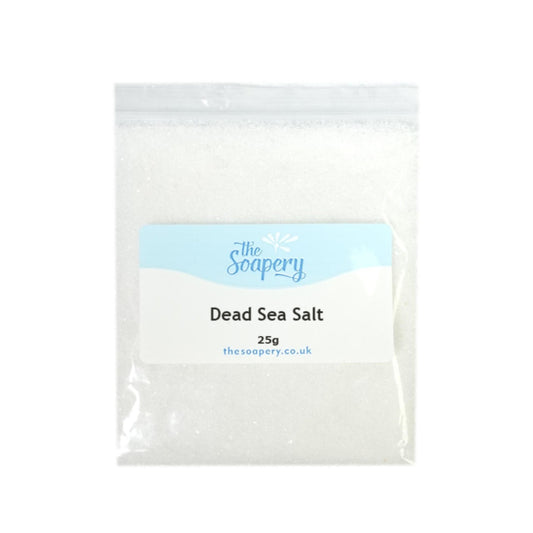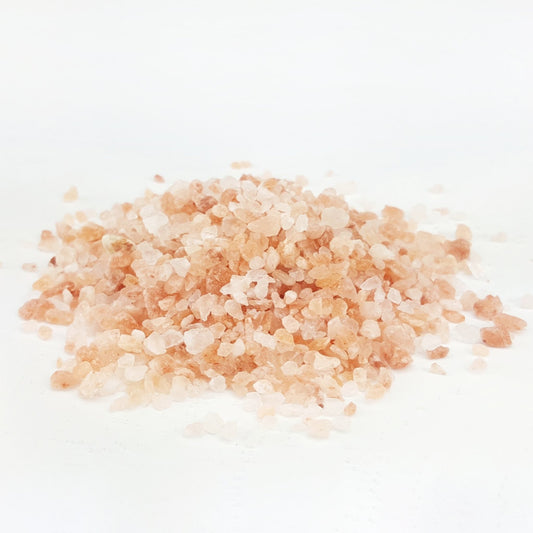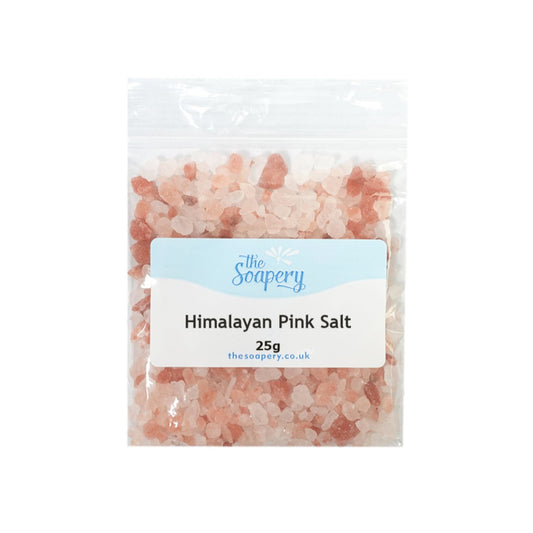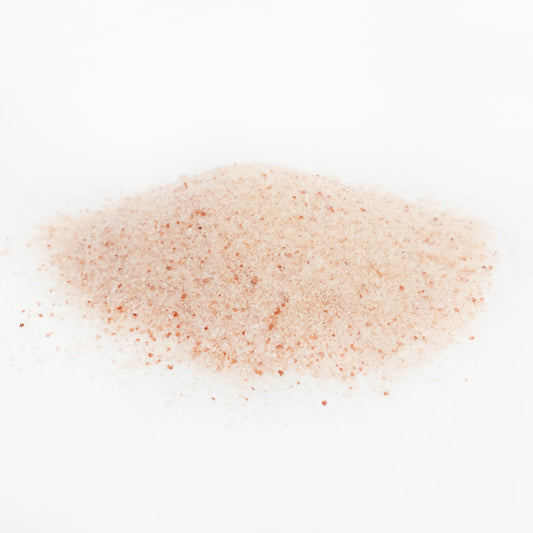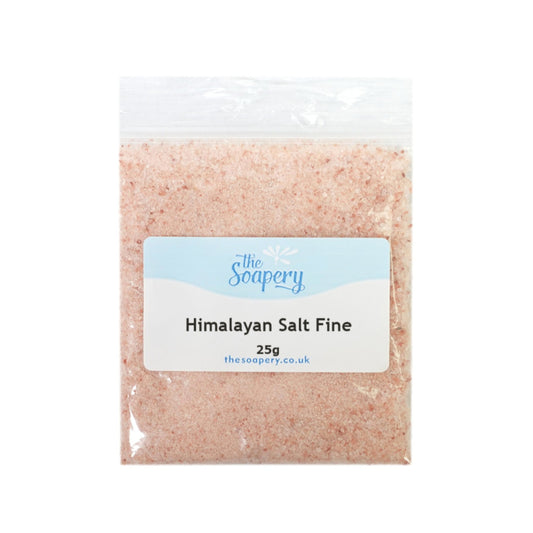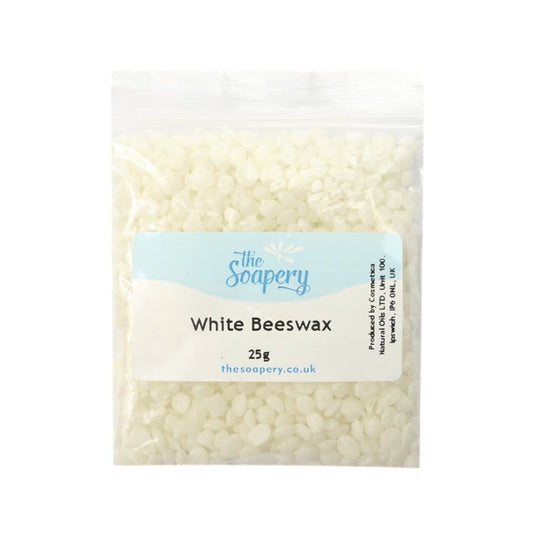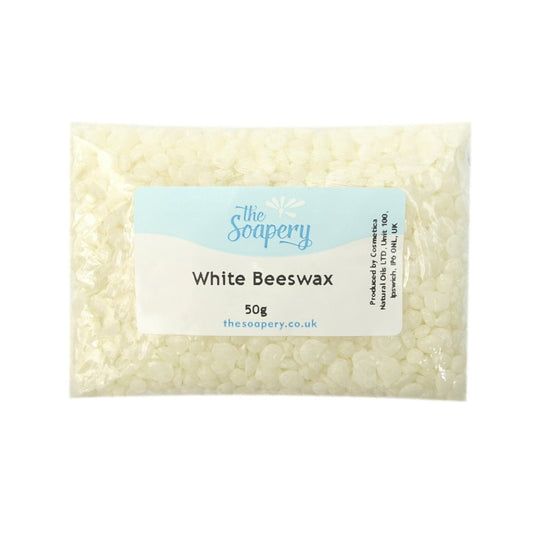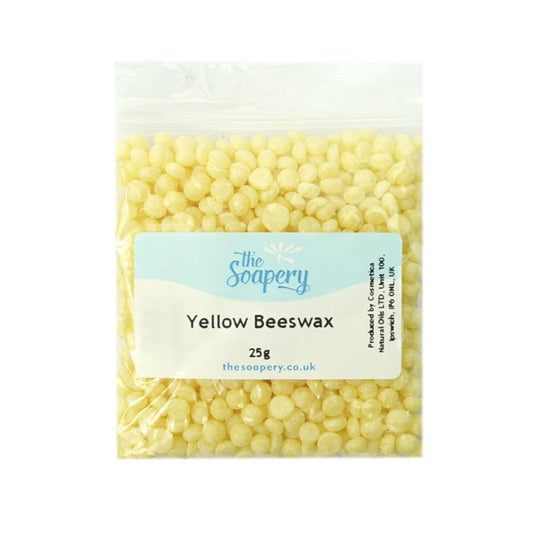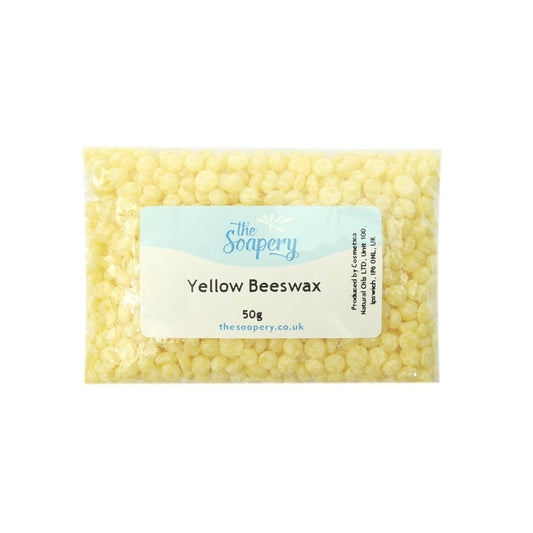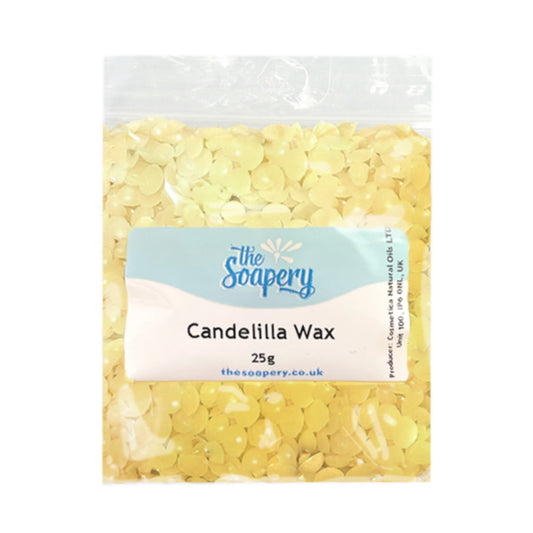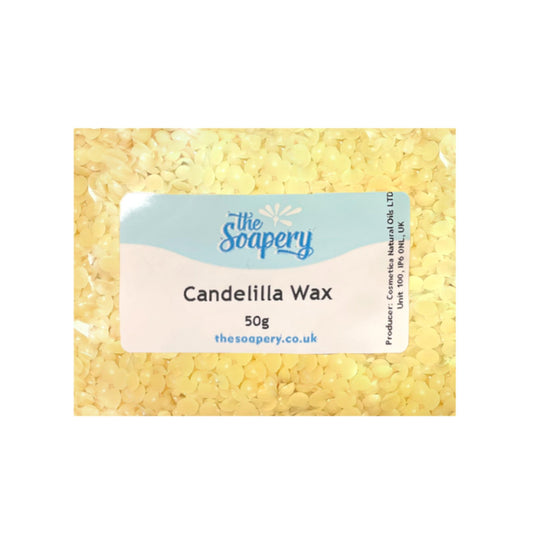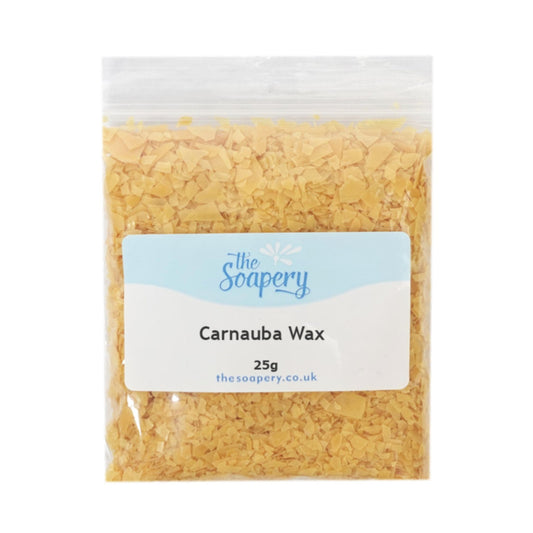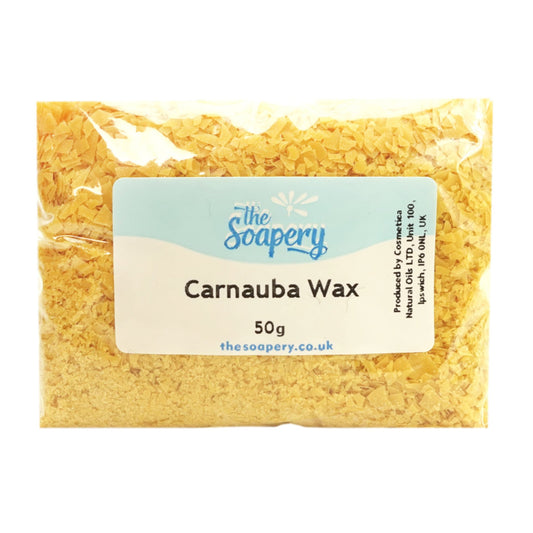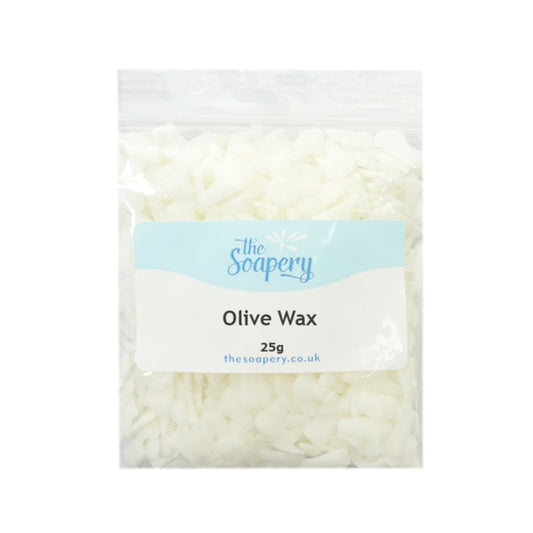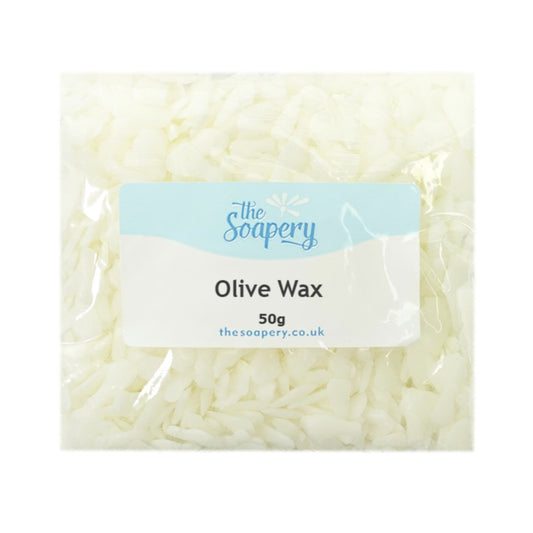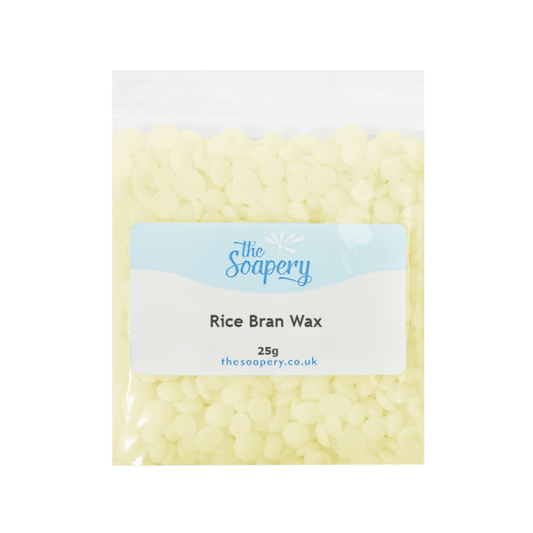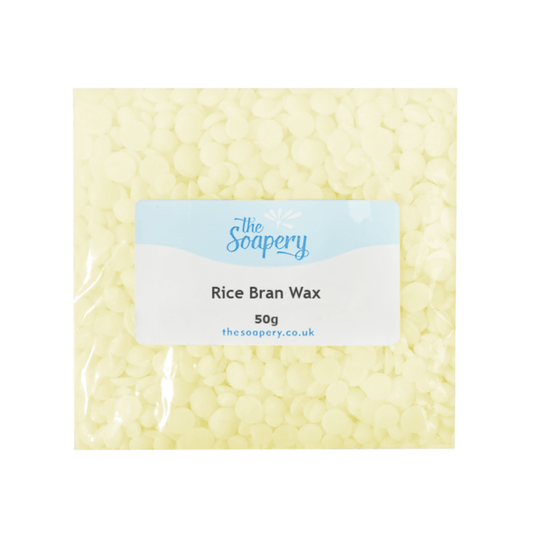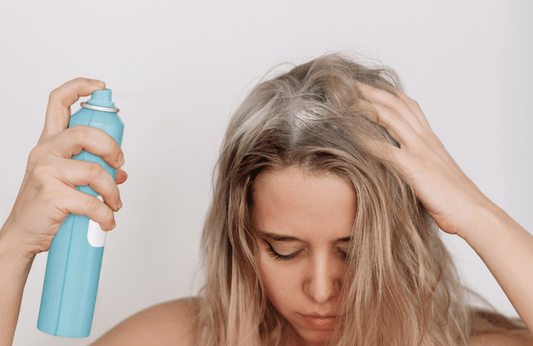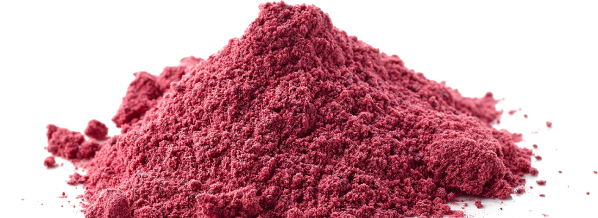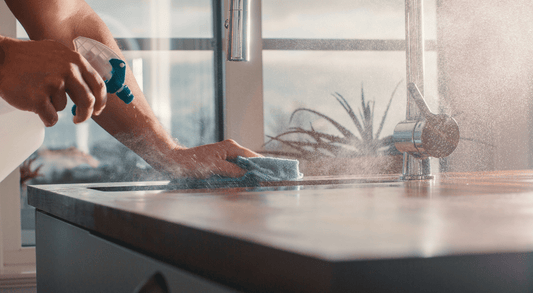
-
Sweet Almond Oil
-
Sweet Almond Oil - Organic
-
Tamanu Oil – Organic, Cold Pressed
-
Vegetable Glycerin
-
Himalayan Pink Salt
-
Himalayan Pink Salt - Fine
-
Beeswax - White
-
Beeswax - Yellow
-
Candelilla Wax
Why choose The Soapery?
-
Free Mainland UK Shipping
Get your ingredients quickly at no extra cost.
-
Same Day Dispatch*
Order before 3pm to have your package sent then and there.
-
Low Pricing
No glossy marketing or false promises mean big savings.
-
Ethical Suppliers
No qualms here. Our ingredients are ethically and sustainably sourced.
About Skincare Ingredients
TLC in a bottle! Soothe, nourish, and rejuvenate with our selection of skincare ingredients. From lush oils to aromatic botanicals, we've got everything you need to make and formulate your best creations yet - from oil-based serums to feather-light moisturisers and beyond. Browse our collection today for low, honest prices and fast, free delivery.
Welcome to The World of Handmade Skincare
There’s no more important step in a daily beauty routine than skincare - so why is it so hard to find the right products? Whether you’re dealing with sensitive skin or have the next big cosmetics idea bound to plump, smooth, and buff, handmade skincare could be the solution you’ve been looking for.
From oils and butters to clays and botanicals, our selection of high-quality ingredients is sure to inspire your inner skincare specialist. Our range of skin care ingredients includes both natural ingredients and specialised ingredients.
Our collection includes natural, raw ingredients like shea butter and jojoba oil to other ingredients like hyaluronic acid and niacinamide. Plus, we’ve got all the preservatives, emulsifiers, thickeners, humectants, and solubilisers you need to round off your perfect formula. There’s really no better place to be!
Whilst skincare prices heat up, we’re here to keep things cool. The Soapery’s skin care ingredients collection is no exception from our honesty policy - meaning it’s full of only the highest quality ingredients listed at fully transparent prices - no frills attached.
The Ins-And-Outs of Making Skincare Products: Our Advice
Creating your own skincare blends can be a brilliantly rewarding experience - combining creativity with cosmetic science - but it's important to approach it with care and knowledge. Our top tips for skincare product making lie in research, selecting the right ingredients, and understanding how they work together.
Before cooking up a cosmetics storm - or even placing your ingredient order - it’s important to understand that not all ingredients are created equal. In order to create the most effective moisturiser, toner, balm, or beyond, you’ll need to know how each of your agents behaves and how they interact with each other.
So get reading! Pool your skincare resources, community knowledge, formulations, blog posts, and official guidance together and make sure once and for all that your chosen ingredients are safe to use together, and, most importantly, safe for the skin.
By brushing up on your skincare knowledge, you’ll gain everything you need to create safe, effective skincare blends. Don't be afraid to experiment with different ingredients and techniques, but always do so with care and armed with research.
Our Favourite Skincare Recipes
We Value Each of Our Customers
Accreditations/Awards
We’re committed to offering a vast range of all-natural, organic products certified by The Soil Association, and we take pride in doing our part for the world around us.
Like most ingredients, the oils, butters, powders, and decorations in your handmade products are farmed or extracted from the natural world. Those certified as organic by the Soil Association were grown, produced, and harvested in line with strict regulations designed to protect and sustain the environment, including soils, ecosystems, animals, and people.
